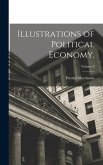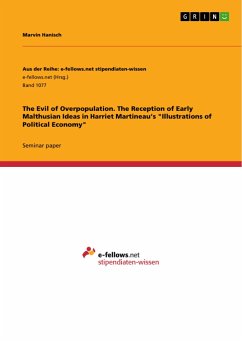Harriet Martineau's "Illustrations of Political Economy, Volume 2 of 9" offers a fascinating glimpse into 19th-century perspectives on economic theory and its societal impact. This volume, part of a larger series, delves into the intricacies of political economy through engaging narrative. As a work of political fiction, it provides social commentary on the economic issues of Martineau's time. Explore the foundations of economic thought as presented through a unique literary lens. Martineau, a keen observer of society, uses storytelling to explore complex concepts. Readers interested in political science, economic history, and the intersection of fiction and social issues will find this volume particularly compelling. This carefully prepared print republication allows access to a vital piece of historical and literary work. This work has been selected by scholars as being culturally important, and is part of the knowledge base of civilization as we know it. This work is in the public domain in the United States of America, and possibly other nations. Within the United States, you may freely copy and distribute this work, as no entity (individual or corporate) has a copyright on the body of the work. Scholars believe, and we concur, that this work is important enough to be preserved, reproduced, and made generally available to the public. We appreciate your support of the preservation process, and thank you for being an important part of keeping this knowledge alive and relevant.
Bitte wählen Sie Ihr Anliegen aus.
Rechnungen
Retourenschein anfordern
Bestellstatus
Storno









